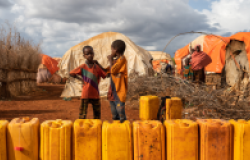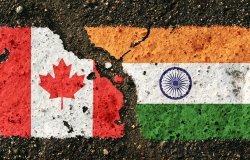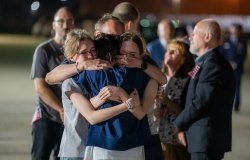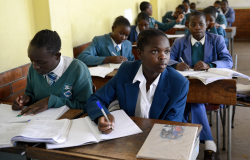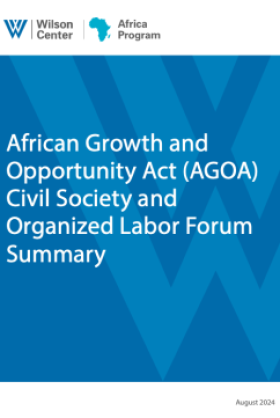#91 Basic Human Rights and Political Development: 15 Years of Experience in Latin America
By Claudio Orrego Vicuña
The paper examines political developments in Latin America during a period in which the concept of human rights was evolving from a mere rhetorical issue into a major political issue throughout the region. It argues that political legitimacy and respect for human rights are inseparable. Political legitimacy--the cornerstone of any political order and the primary political goal of any regime--cannot be achieved in an atmosphere in which human rights are being violated. Latin American politics during the last 15 years have frequently been characterized by armed political violence, which inevitably has implied violations of basic human rights. The two most common forms of armed political violence in Latin America--terrorism and state terrorism, by the revolutionary left and the counter-revolutionary right--have failed to achieve political legitimacy for their practitioners precisely because their patterns of operation violated human rights . By contrast, in those countries where moderation has prevailed and human rights were respected- -as, for 'example, in Venezuela and Colombia--the process of constructing a legitimate political order has advanced.
The following thesis thus emerges. The existence of armed political violence is an indication that human rights are being violated. The forces practicing political violence will therefore be incapable of achieving political legitimacy. As a result, they will ultimately and inevitably experience political defeat.
The paper concludes with a survey of the principal actors in the Latin American human-rights movement and some predictions about the future of that movement in the decade of the 1980s.
Related Program

Latin America Program
The Wilson Center’s prestigious Latin America Program provides non-partisan expertise to a broad community of decision makers in the United States and Latin America on critical policy issues facing the Hemisphere. The Program provides insightful and actionable research for policymakers, private sector leaders, journalists, and public intellectuals in the United States and Latin America. To bridge the gap between scholarship and policy action, it fosters new inquiry, sponsors high-level public and private meetings among multiple stakeholders, and explores policy options to improve outcomes for citizens throughout the Americas. Drawing on the Wilson Center’s strength as the nation’s key non-partisan policy forum, the Program serves as a trusted source of analysis and a vital point of contact between the worlds of scholarship and action. Read more


